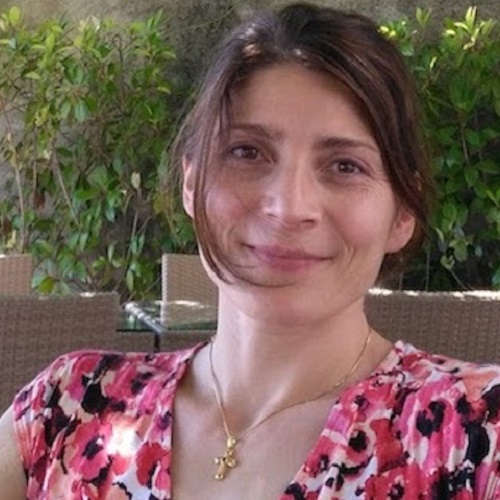Dr Despina Alexiadou is a Senior Lecturer in the School of Government and Public Policy with a focus on synthetic and problem driven research. Despina joined Strathclyde in 2017 and previously held posts at the University of Pittsburgh, University of Warwick and Duke. We hear from Despina on her experiences and get her take on equality issues in academia today.
What women have most inspired you and why?
When I was doing my PhD at the European University Institute (EUI), I did not have a clear plan for an academic career. During my semester at New York University as an exchange student, I met Prof. Fiona McGillivray whom I found absolutely inspiring. She was extremely prolific, beautiful, smart, kind and funny. She already had a large family. I wanted to be like her. Since then, I've been fortunate to meet many amazing women who have mentored and supported me, and without them I would not be where I am today. In my personal life, I have been positively inspired by the women in my family; my mother and grandmothers.
What career achievement are you most proud of?
I am proud of staying in the world of academia. This is not easy. Entering academia can be down to luck. But remaining here requires hard work, dedication, patience and passion. It also requires a supportive environment, both at home and at work. It can be extremely challenging to balance family life with the demands of work. As an assistant professor at the University of Pittsburgh, I was under constant pressure of the tenure clock, while raising three small children. Right now, for example, it is particularly challenging with home-schooling children and having to teach full-time and meet research deadlines. And do not forget that we also have to be able to travel, form networks and find co-authors. The expectations on academics are insane. We have to be excellent minds, up-to-date with the latest methodological advancements, successful in selling your ideas to get funding, be inspiring teachers, entertainers and communication experts.
What do you think is one of the biggest issues in terms of achieving equality in academia?
Time. Young academics need time to develop their skills, learn how to publish, meet other researchers and enter networks. All of these take time which women often do not have due to their biological clock. The smartest and luckiest are able to be in a good place in their late twenties/early thirties but for many of us, this is not possible. As a result, the expectations on young female academics are often punishing.
What progress have you seen from your time in academia towards achieving gender equality?
The most progress I have seen comes from individual initiatives. The Journal of Comparative Political Studies has worked towards advancing gender equality by adopting the triple-blind review process and requesting authors have a gender-balanced bibliography. I have not seen huge progress at the institutional level but this could be down to my own limited experience.

